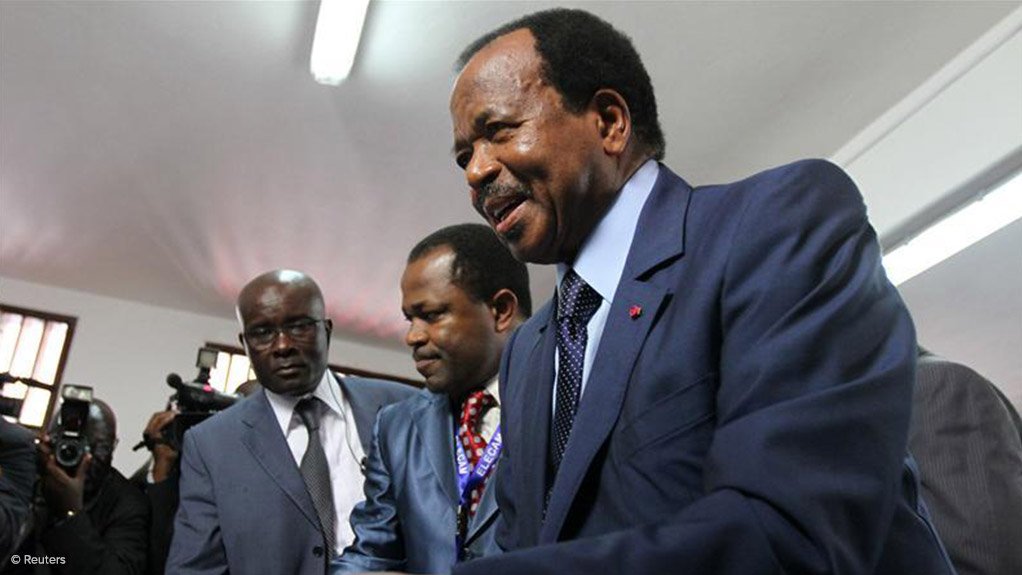President Paul Biya’s continued absence in Cameroon sparks health concerns
3 min read
Cameroonian President Paul Biya

Cameroonian President Paul Biya
President Paul Biya’s prolonged absence from public engagements in Cameroon has raised significant health concerns among the populace. Many citizens are left wondering about the state of their leader, especially as he has been missing from both local and international events.
Reports indicate that Biya departed Cameroon in early July, embarking on what was officially described as a diplomatic mission abroad. His journey commenced in France, where he attended meetings, before he moved on to China. However, his absence was notably felt during the recent United Nations General Assembly, where he opted to rest in Switzerland instead. Additionally, he was absent from the La Francophonie summit held in France, further fueling speculation about his health.
An anonymous source from within the presidency has hinted that health issues are the primary reason for Biya’s absence from these significant gatherings. This revelation has ignited a flurry of discussions regarding the implications of his extended time away from the nation.
While there is no formal legal restriction on the duration of a president’s absence from the country, public opinion generally considers a 40-day absence as acceptable. As of now, Biya’s time abroad has extended to over 90 days, leading to rampant speculation and concern among citizens. Over the course of his 42-year presidency, there have been instances when Biya has stayed abroad for such lengthy periods that rumors of his demise began to circulate, only for him to return unexpectedly and quell those fears.
Political leaders in Cameroon are divided over the issue of Biya’s health and his future in office. Despite ongoing speculation and concerns regarding his well-being, many are calling for the 91-year-old president to run for another term in the upcoming 2025 presidential election. This persistence reflects the political tradition in Cameroon, where calls for Biya’s candidacy continue unabated, even as apprehensions about his health grow louder.
The current situation poses a unique dilemma for Cameroonians. On one hand, there is a respect for the long-serving president and a desire for continuity in leadership; on the other, there are pressing questions about the implications of his health on governance and the future of the country. As Biya’s absence continues, citizens are left grappling with uncertainty regarding their leadership and the direction of the nation.
As the 2025 election approaches, the tension surrounding Biya’s potential candidacy could become even more pronounced. Observers are keenly watching how this situation unfolds, particularly in light of the president’s health and the increasing pressure for transparency regarding his ability to lead effectively.
In the meantime, Cameroonians are left to ponder the future of their leadership under Biya’s continued absence. The discourse around his potential re-election is complicated by his health concerns and the legitimacy of a leader who may not be fully able to fulfill the demands of the presidency.
The stakes are high, and the eyes of the nation are firmly fixed on the unfolding situation. With every passing day, the calls for clarity regarding Biya’s health and his plans for the future grow louder. Will he return to the public sphere ready to face the challenges ahead, or will he remain a distant figure shrouded in uncertainty?
As the situation evolves, the Cameroonian people await answers that could shape the political landscape for years to come. The combination of tradition, health concerns, and the pressing need for effective governance creates a complex narrative that resonates deeply within the hearts of many. The future remains uncertain, but the need for leadership is as critical as ever.